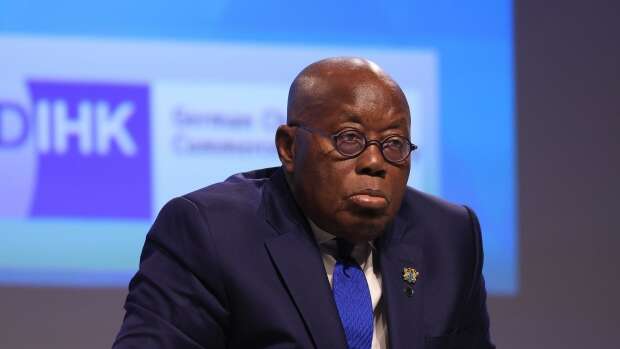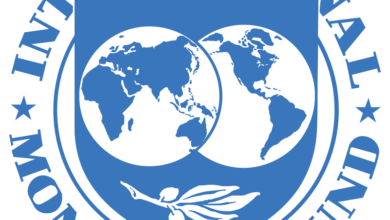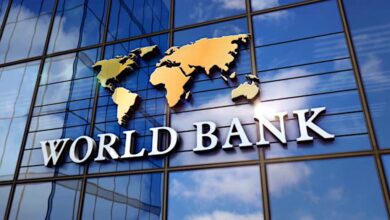In 2016, the new government led by President Nana Akufo-Addo sparked hope and goodwill both in Ghana and globally. His rallying cry for change resonated deeply across various sectors, including the business community and investors, who had long sought improvements in economic growth, infrastructure reliability (especially energy), and governance integrity.
However, one of the flagship initiatives of the government, the ‘One Village, One Dam’ (1V1D) project, has faced significant criticism. Despite its promise to support dry season farming in northern Ghana, many of the dams constructed under this initiative were found to be poorly built. The Peasant Farmers Association of Ghana, in a recent tour of dams in the Upper East Region, reported that these structures often dried up during the dry season, serving little purpose beyond providing drinking water for animals.
Amidst these challenges, Ghana’s economic outlook has dimmed. According to World Bank estimates, GDP growth declined from 5.4% in 2021 to 3.2% in 2022, affecting key sectors such as agriculture and services. High inflation and interest rates have further dampened private consumption and investment, while the government struggles with limited access to credit markets and increasing debt servicing commitments.
These economic hardships are exacerbated by longstanding governance issues. The governance under President Akufo-Addo’s administration has been criticized for weak institutional frameworks and politicization of policies, which prioritize political interests over national development goals. This has hindered effective implementation of initiatives like the ‘Free Senior High School’ program, resulting in persistent social inequalities and developmental gaps.
In addition, urbanization challenges have escalated, with a notable increase in urban slum dwellers, highlighting failures in housing and urban development policies. Healthcare disparities persist, with public hospitals often overwhelmed and inadequate for the majority, while the political elite seek healthcare abroad.
Corruption remains a pervasive issue, undermining governance across government and private sectors. Despite legislative efforts and digitalization drives aimed at reducing human interface in service delivery, political interference and selective application of anti-corruption measures continue to impede progress.
Moving forward, Ghana must prioritize structural reforms in governance, economics, and social policies to foster inclusive growth and development. It is imperative to move away from divisive politics and prioritize national interests over personal or partisan agendas. Addressing these challenges requires concerted efforts to strengthen institutions, protect property rights, and ensure policy predictability and accountability.
While the path ahead is challenging, achieving these reforms is crucial for Ghana’s sustainable economic future and the well-being of its people.
Story by: Alexander Kukah





